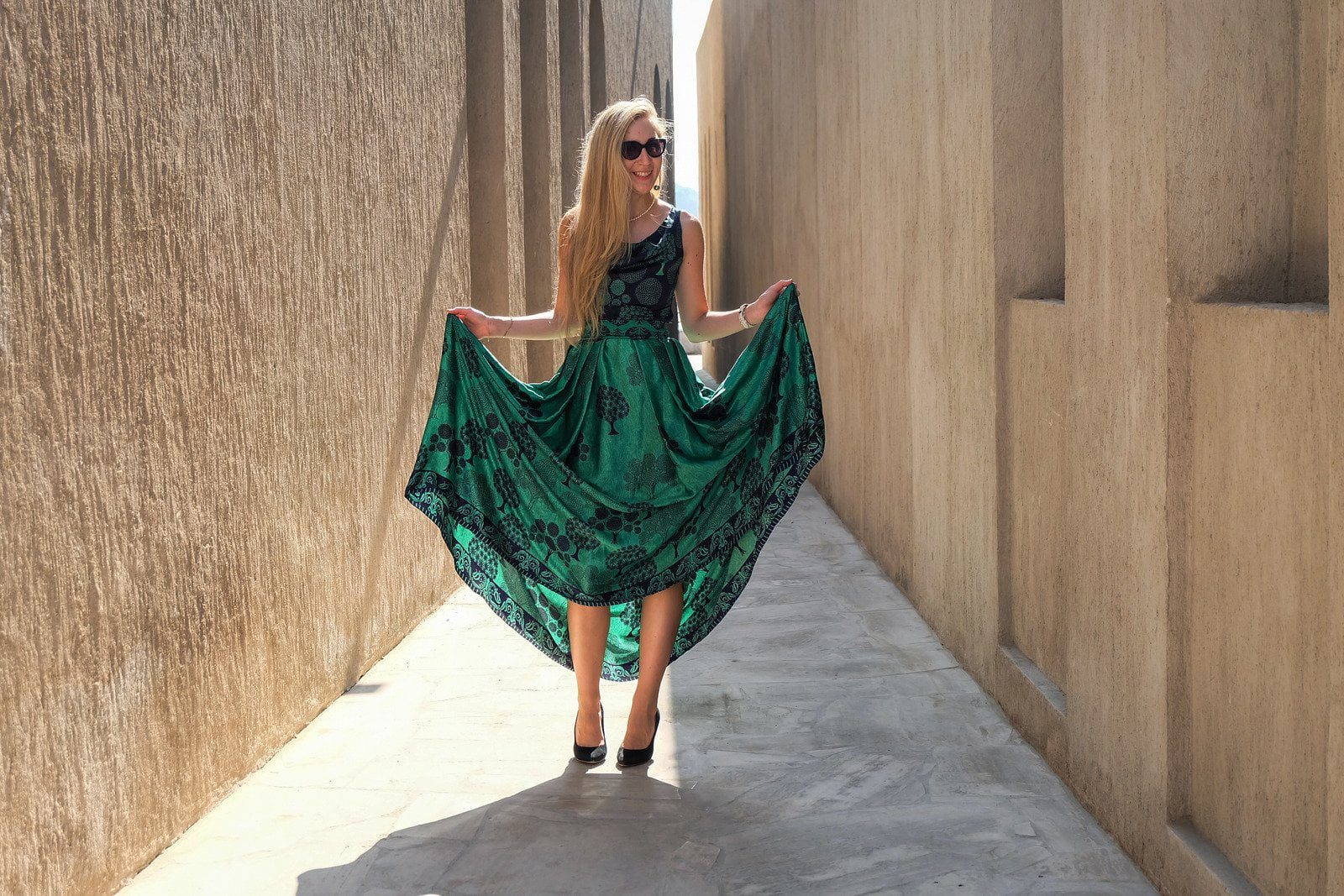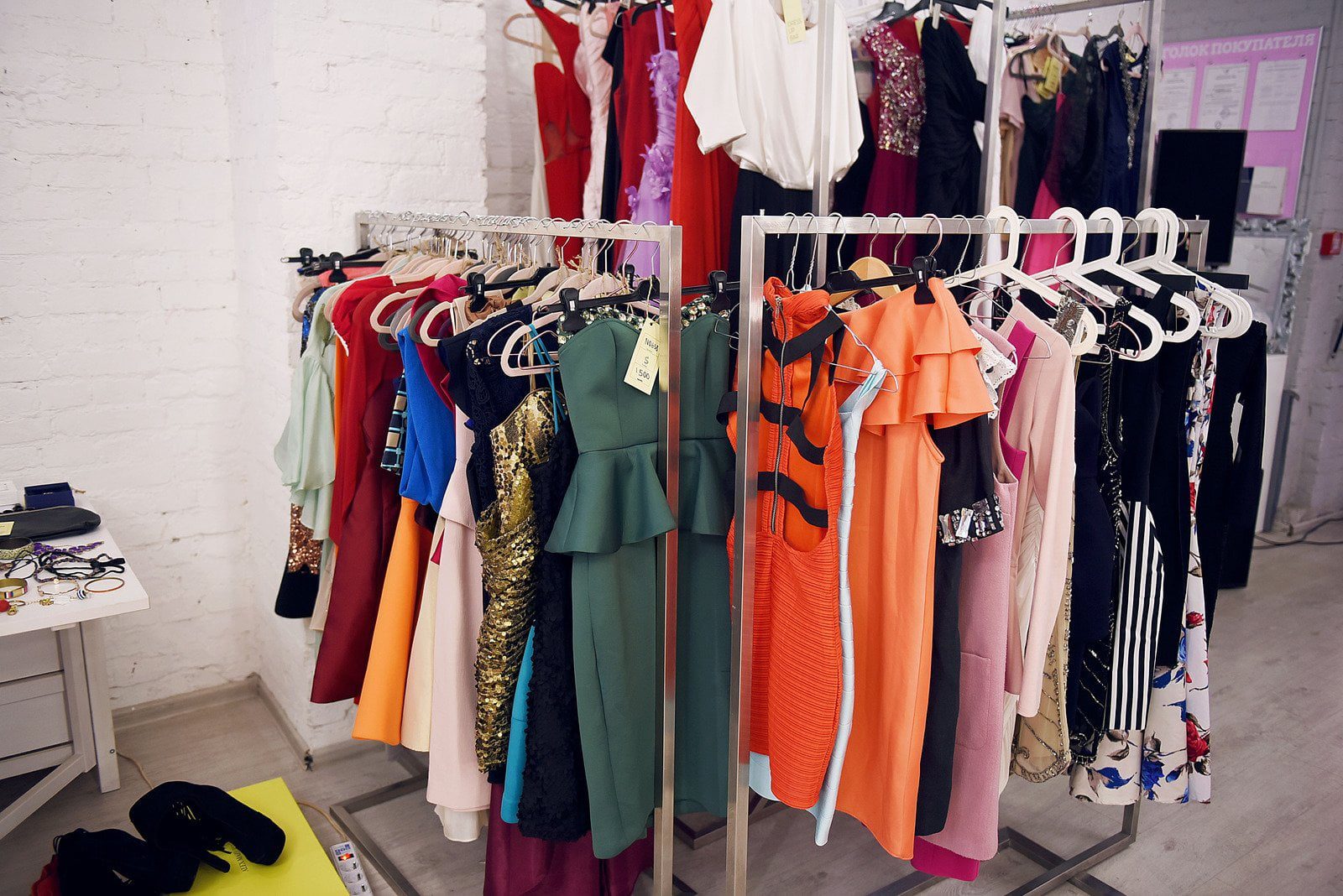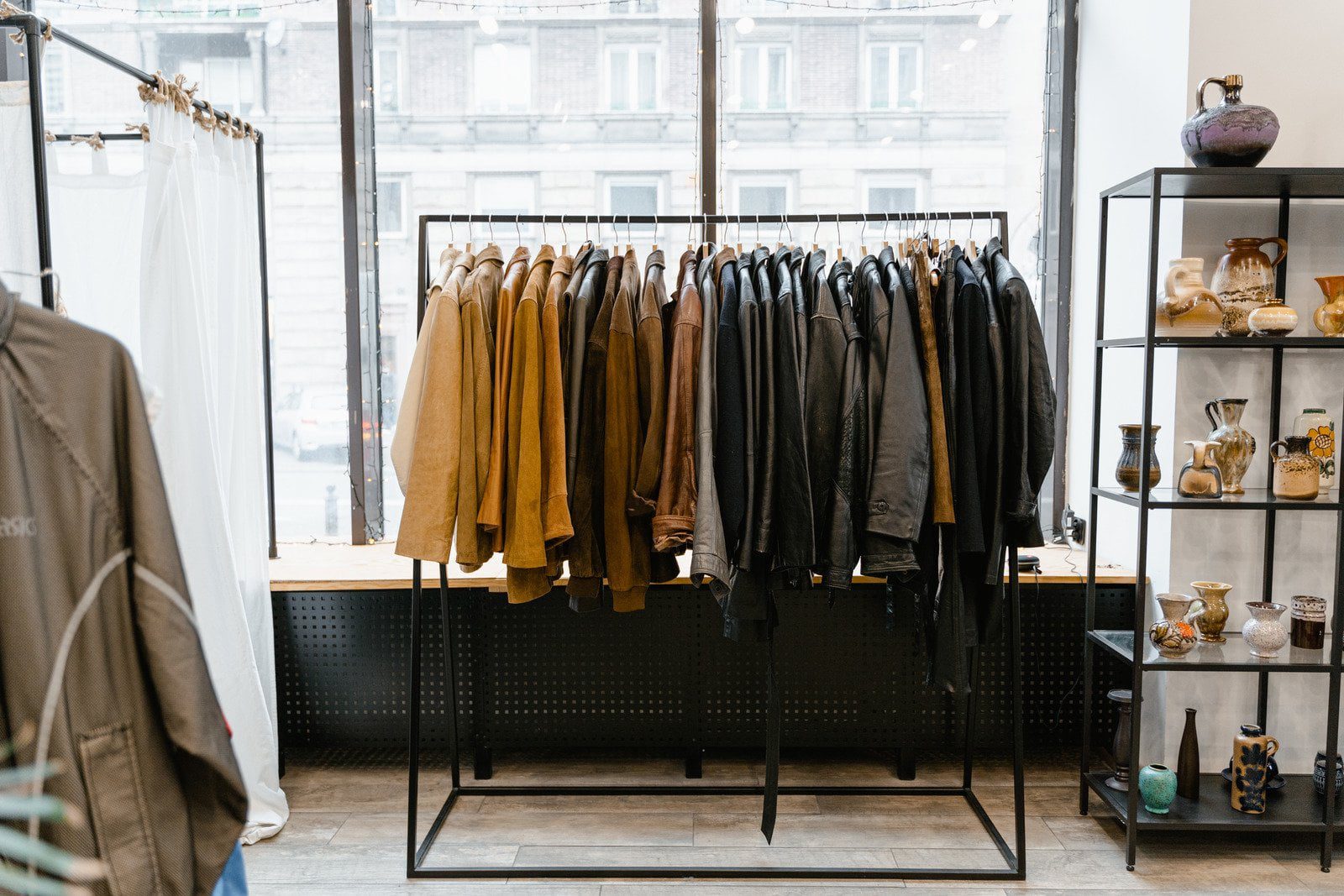Have you ever felt overwhelmed by the constant influx of stuff in your life? From physical clutter to mental chaos, the pursuit of simplicity has never been more appealing. Welcome to the world of minimalism – where less truly is more. Join us on a journey to uncover the art of living with purpose and intention, as we delve into the minimalist muse that’s sweeping across lifestyles worldwide.
What is Minimalism?
Minimalism is not just about having an empty white room with a single chair. It’s a mindset, a lifestyle choice that focuses on simplifying your existence. By stripping away excess and focusing on what truly matters, minimalism allows you to declutter both physically and mentally.
At its core, minimalism encourages intentionality in every aspect of life – from the items you own to the way you spend your time. It’s about prioritizing quality over quantity, experiences over possessions.
By embracing minimalism, you can free yourself from the burden of materialistic pursuits and societal pressures. It’s not about deprivation but rather liberation – creating space for what brings genuine joy and fulfillment into your life.
In essence, minimalism is a conscious decision to live with less so that you can experience more richness in simplicity.
The Benefits of Minimalism
Living a minimalist lifestyle comes with a plethora of benefits that extend beyond just decluttering physical spaces. By embracing minimalism, individuals can experience a sense of freedom and clarity in their lives. The act of simplifying possessions and focusing on what truly matters can lead to reduced stress and increased mental well-being.
Minimalism encourages intentional living, prompting individuals to be more mindful about the items they bring into their lives. This practice not only helps in saving money but also fosters an appreciation for the things we already own. With fewer material distractions, one can allocate time and energy towards experiences, relationships, and personal growth.
Moreover, minimalism promotes sustainability by reducing consumption and waste. By consuming less and making conscious choices about purchases, minimalists contribute to a greener environment. Adopting a minimalist mindset leads to a more fulfilling life centered around values rather than possessions.
How to Begin Your Minimalist Journey
Starting your minimalist journey may seem daunting at first, but it’s all about taking small steps towards a simpler lifestyle. Begin by reflecting on what truly adds value to your life and what you can let go of. Take inventory of your belongings and identify items that no longer serve a purpose or bring you joy.
Set specific goals for decluttering different areas of your home or workspace. Start with one room or category at a time to avoid feeling overwhelmed. Embrace the mindset of “less is more” as you begin to streamline your possessions.
Consider adopting minimalist habits like mindful consumption and intentional living. Focus on quality over quantity when making new purchases and prioritize experiences over material goods. Remember, minimalism is not just about decluttering physical spaces but also simplifying other aspects of your life for greater clarity and peace of mind.
As you embark on this journey, be patient with yourself and celebrate the progress you make along the way. Keep in mind that minimalism is a personal path, so tailor it to suit your needs and values. By taking these initial steps, you are laying the foundation for a more meaningful and fulfilling life ahead without unnecessary distractions weighing you down.
Decluttering Your Space: Tips and Tricks
Decluttering your space can seem like a daunting task, but with the right tips and tricks, it becomes more manageable. Start by tackling one area at a time – whether it’s a drawer, a closet, or a room. Sort through your belongings and ask yourself if each item truly serves a purpose or brings you joy.
Be ruthless in letting go of items that no longer serve you. Consider donating or selling things that are in good condition but no longer have value to you. Keep only what is essential and meaningful to you.
Invest in storage solutions like bins, baskets, and shelves to keep your space organized and clutter-free. Take advantage of vertical space by utilizing wall hooks or hanging organizers.
Create designated spaces for everything you own to avoid accumulation of unnecessary items in the future. Regularly reassess your belongings to ensure that your space remains clutter-free and peaceful.
Remember that decluttering is not just about creating physical space; it’s also about clearing mental clutter and promoting a sense of calmness in your environment.
Letting Go of Material Possessions
When embarking on a minimalist journey, one of the most challenging yet liberating aspects is letting go of material possessions. It’s about shifting our mindset from “more is better” to “less is more”. Our possessions often hold sentimental value or serve as symbols of success, but they can also weigh us down and create unnecessary stress.
Start by decluttering one area at a time – whether it’s your closet, kitchen cabinets, or bookshelves. Ask yourself if each item truly adds value to your life or if it’s just taking up space. Be honest with yourself about what you really need versus what you’ve been holding onto out of habit or guilt.
As you let go of material possessions, you’ll find that the weight lifted off your shoulders isn’t just physical – it’s emotional too. You’ll feel lighter, freer, and more in control of your surroundings. Simplifying your living space can lead to increased clarity and focus in other areas of your life.
Remember that minimalism isn’t about deprivation; it’s about intentionality and prioritizing what truly matters to you. By releasing attachment to material things, you make room for experiences, relationships, and personal growth. Letting go opens doors to new possibilities and allows you to live with greater purpose and fulfillment.
The Impact of Minimalism on Mental Health and Well-being
Minimalism has a profound impact on mental health and well-being, offering a sense of clarity in a cluttered world. By simplifying our surroundings and letting go of excess, we create space for peace and tranquility to enter our lives. The act of decluttering not only clears physical space but also declutters the mind, reducing feelings of overwhelm and anxiety.
Living with less can lead to increased mindfulness and presence in the moment. When we are surrounded by only what truly matters to us, we can focus on what brings us joy and fulfillment. Minimalism encourages intentional living, prompting us to prioritize experiences over possessions.
The practice of minimalism promotes self-reflection and introspection. It allows us to assess our values and priorities, leading to greater contentment and satisfaction with life. Letting go of material attachments frees us from the constant pursuit of more, fostering gratitude for what we already have.
Incorporating minimalist principles into daily life can foster a sense of calmness amidst chaos. It encourages us to live authentically, aligning our actions with our true desires and aspirations. By embracing minimalism, we embark on a journey towards inner peace and emotional well-being.
Finding Balance in Minimalism: Avoiding Extremes
Finding balance in minimalism is essential to truly reap its benefits. It’s about striking a harmonious chord between simplicity and functionality, without veering into extremes.
Embracing minimalism doesn’t mean living in an empty white room with only a chair and a lamp. It’s about intentionally curating your surroundings to enhance your quality of life.
Avoid the trap of becoming overly obsessed with decluttering every inch of your space. Allow yourself to keep items that bring you joy or serve a practical purpose, even if they don’t adhere strictly to minimalist principles.
Remember that minimalism is subjective and personal. What works for one person may not work for another. Find what balance feels right for you and aligns with your values and lifestyle.
By avoiding extremes in minimalism, you can create a space that is both aesthetically pleasing and conducive to peace of mind.
The Connection Between Minimalism and Sustainability
Minimalism and sustainability go hand in hand, forming a harmonious relationship that benefits both our well-being and the environment. By embracing minimalism, we consciously choose to reduce our consumption and waste, leading to a more sustainable lifestyle.
When we opt for quality over quantity in our possessions, we not only declutter our lives but also decrease the demand for excessive production that harms the planet. Minimalism encourages us to be mindful of our purchases, opting for eco-friendly and durable items that have a lower impact on the environment.
Moreover, simplifying our lives through minimalism often leads us to appreciate nature more deeply. We find joy in experiences rather than material goods, fostering a deeper connection with the world around us. The minimalist mindset extends beyond just decluttering physical spaces; it prompts us to simplify all aspects of life, including reducing energy consumption and waste.
By intertwining minimalism with sustainability practices, we pave the way towards creating a healthier planet for future generations while simultaneously enriching our own lives with purpose and intentionality.
Embracing a Simple, Purposeful Life
By incorporating minimalist principles into our daily lives, we can cultivate a sense of intentionality and purpose. It’s about focusing on what truly matters to us and letting go of the excess that weighs us down.
Through decluttering our physical space and mental clutter, we create room for clarity, creativity, and peace of mind. Minimalism is not just about having less; it’s about living more intentionally.
So, as you embark on your minimalist journey remember that it’s not about perfection or deprivation but rather finding balance in simplicity. Embrace the art of less and discover the joy of a simple, purposeful life.















